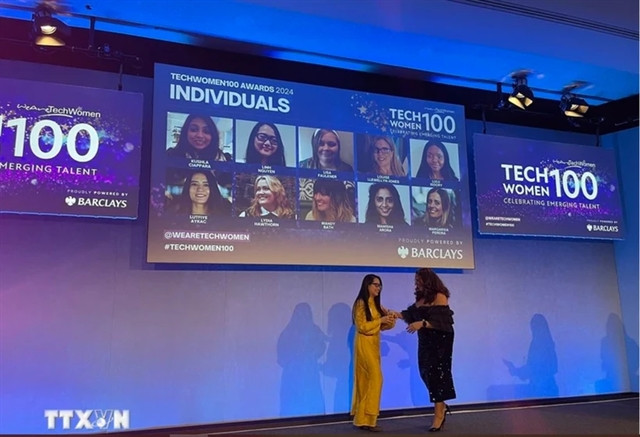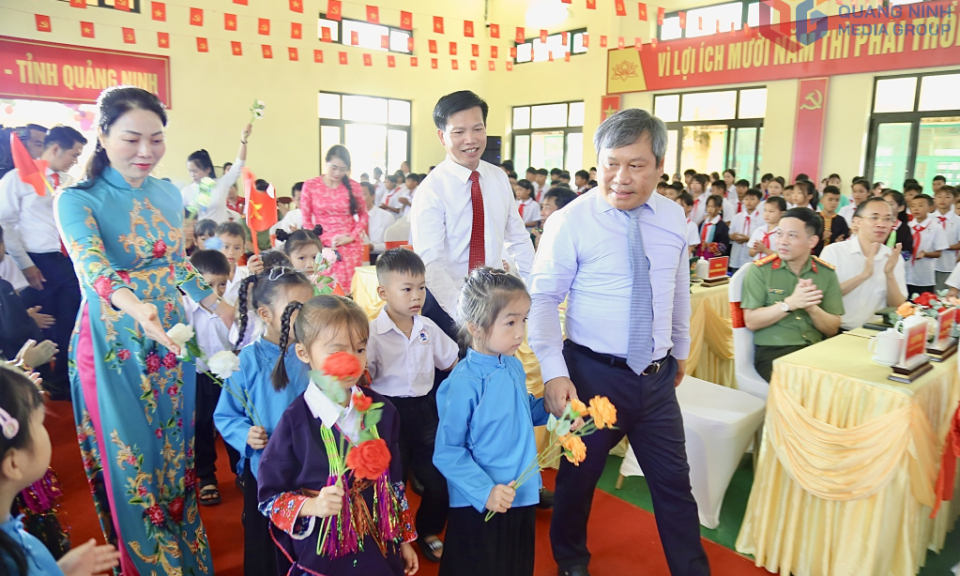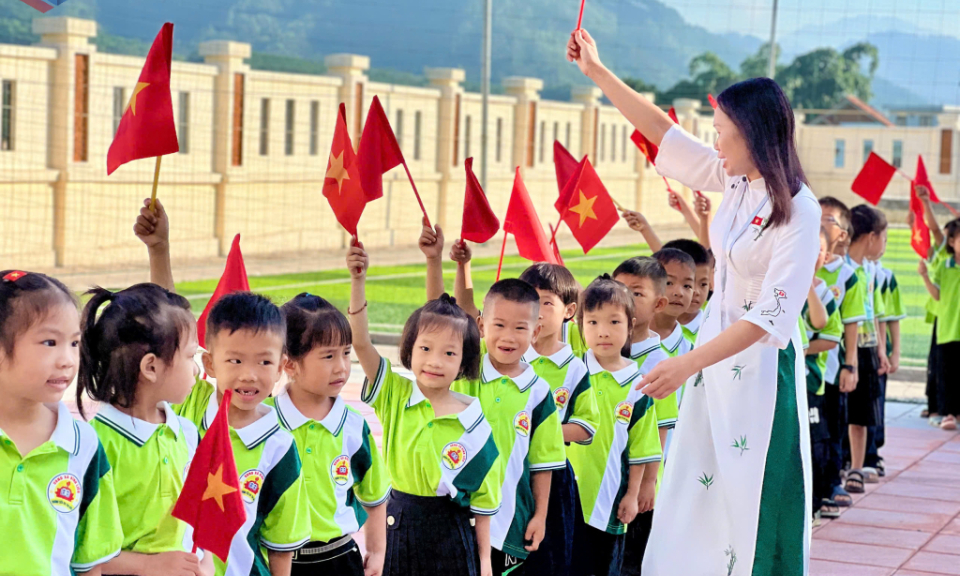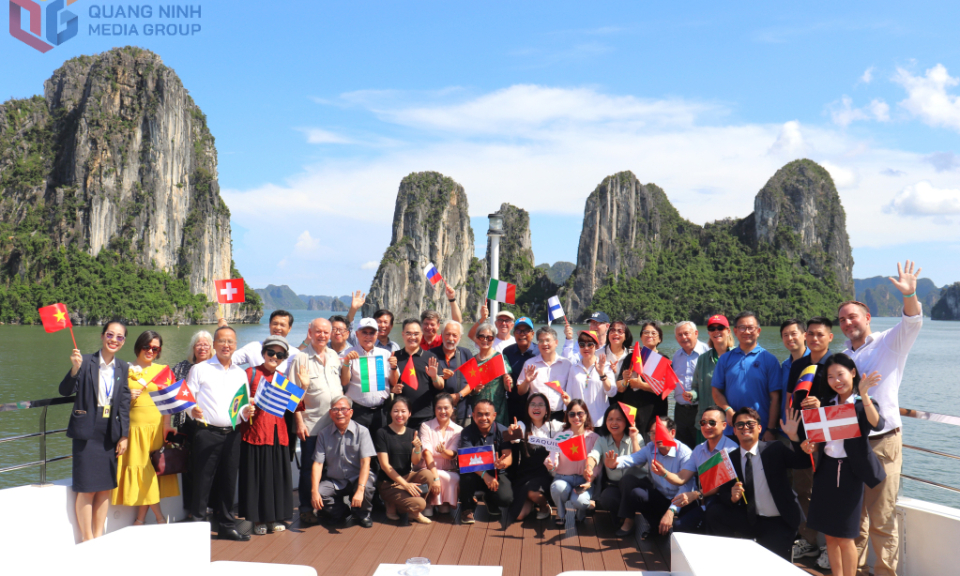First Vietnamese scientist named at UK’s TechWomen 100 Awards
With outstanding achievements in biotechnology, Nguyễn Thụy Bá Linh from University College London (UCL) has become the first Vietnamese scientist to win the UK's TechWomen 100 Awards.
With outstanding achievements in biotechnology, Nguyễn Thụy Bá Linh from University College London (UCL) has become the first Vietnamese scientist to win the UK's TechWomen 100 Awards.
The award ceremony was held at Queen Elizabeth II Conference Centre in London on November 21.
Founded in 2017, the TechWomen 100 Awards recognise and celebrate the outstanding achievements of women in the field technology, focusing solely on women working in technology below director level, with an aim to create a new generation of female role models for the industry and a pipeline of future leaders.
Speaking to the Vietnam News Agency (VNA)’s resident correspondent in the UK at the award ceremony, Dr Vanessa Vallely OBE, CEO and Founder of WeAreTheCity/WeAreTechWomen and organiser of the Awards, said the Awards aim to find incredible women working in technology or across STEM fields to honour their achievements and at the same time support them with a full development program, building up an ecosystem of women in technology that are supporting one another and opening doors of opportunities.
To become one of the 100 most outstanding women in the field of technology this year, Linh, lecturer of Biomaterials at UCL’s Eastman Dental Institute, surpassed 1,150 applicants to be in the shortlist of 200 candidates, winning the Award for her extensive research and academic contributions in biotechnology, including biomaterials for tissue regeneration, drug delivery systems, and thermo-responsive polymers for stem cell expansion and harvesting.
Vanessa Vallely said it was an honour to have Linh as one of the winners, trusting Linh will be an asset to the group and a flagship for Việt Nam. She hoped in the future the Awards will see more candidates from Việt Nam.
Linh said she was happy and proud to be the first Vietnamese to receive the TechWomen 100 Award. Although living and working in the UK, Linh is always proud to be Vietnamese and believes that efforts of Vietnamese can make a difference wherever they are.
She believes the Award is not only a recognition of her efforts but also helps promote the image of Vietnamese women in science and technology, proving that Vietnamese women can make achievements in such challenging fields as science and technology.
Linh hopes her Award will inspire female Vietnamese scientists both at home and abroad, especially young people, to be confident and overcome all barriers to pursue their passion for science.
Nguyễn Thụy Bá Linh was born in 1980 in Hồ Chí Minh City. She graduated from Hồ Chí Minh City University of Natural Sciences in Chemistry in 2003 and did postdoctoral research at the Republic of Korea’s Soonchunhyang University, focusing on regenerative medicine. In 2016, she joined the University of Oxford’s Institute of Biomedical Engineering as a postdoctoral researcher, contributing to significant advancements in biomedical engineering and tissue regeneration.
In 2019, Linh transitioned to a faculty position at UCL’s Eastman. Her research interests include biomaterials for tissue regeneration, drug delivery systems, and thermo-responsive polymers for stem cell expansion and harvesting.
In addition to academic pursuits, Linh founded SmileScaff, dedicated to developing advanced scaffold technologies for accelerated wound healing and tissue regeneration. The company integrates cutting-edge biomaterials with practical medical applications, aiming to revolutionise tissue engineering. She also chaired the Vietnam Young Academy from 2021-2023 and mentor young scientists through the Vietnamese Intellectual Society in the UK and Ireland.






